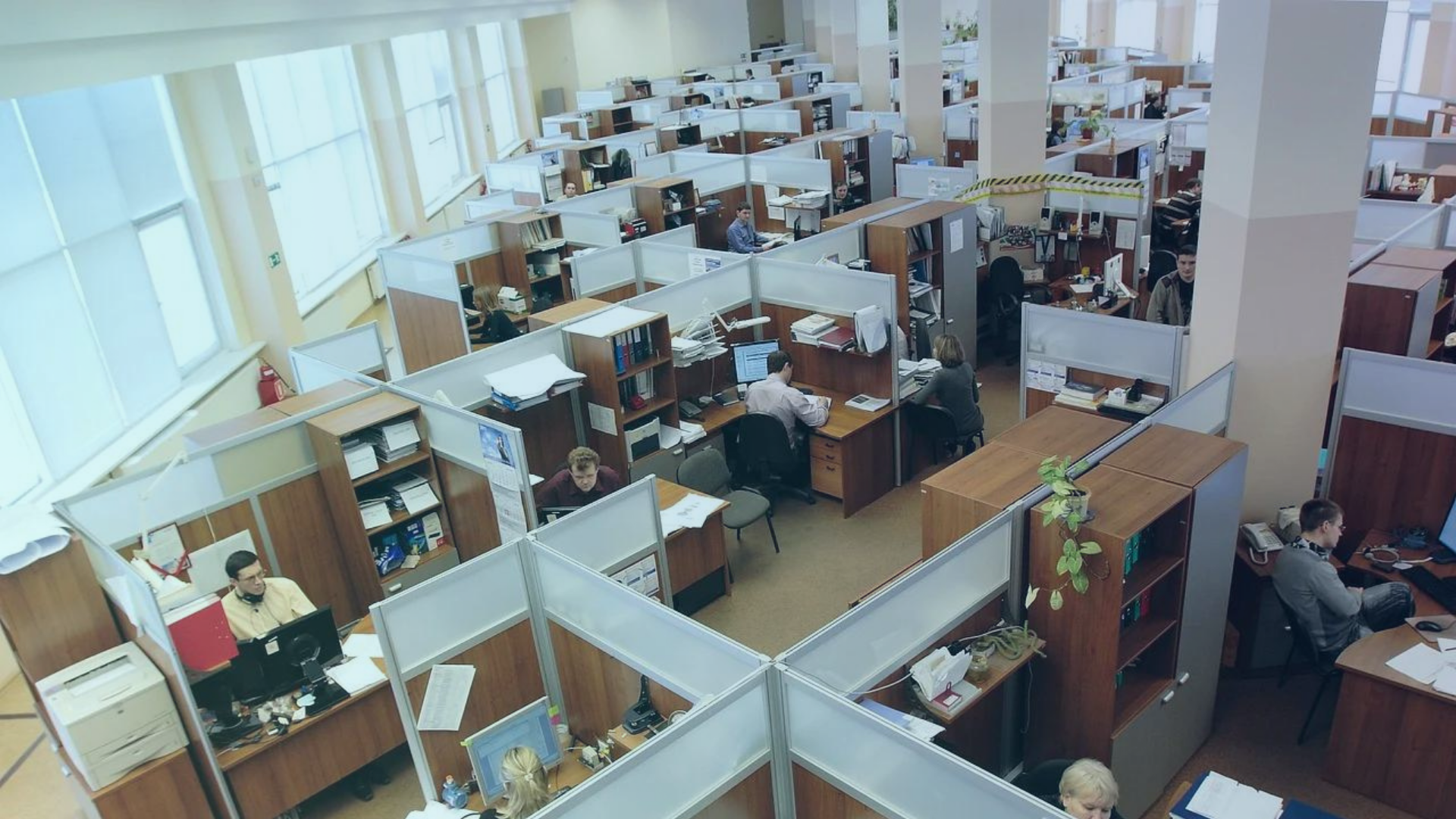How ERP can handle your sophisticated work processes
Axiever Team | 26 JULY 2021

Business processes may become more complex as you grow. Finding an ERP system that can handle the intricacies of internal and external processes can be advantageous to any business. Find out how an ERP can manage sophisticated work processes with scalable solutions.
An organization, whatever its size, is divided into different branches that each focus on daily specific functions. Human resources, marketing, administration, finance and accounting, customer relations are just some of the most basic departments that carry out these functions. In businesses with many employees, each department functions separately, which results in little to no interaction between departments in real-time. Thus, communication within departments is usually done through phone, emails, or face-to-face interactions. Aside from processes becoming more time-consuming, they can also cause delays and errors in data distribution.
To address this gap among businesses, the use of Enterprise Resource Planning (ERP) comes top of a business owner's mind in the type of software for business management. The introduction of Enterprise Resource Planning paved the way for business processes to become more accessible, quicker, and less complex. With its ability to integrate various functions within the organization, data and information are available on a real-time basis making decisions faster than ever!
Now, let’s look into how ERP can handle the complex work processes of your business. The ERP works in three distinct layers: Presentation, Logical Processing, and Storage.
Presentation
Enterprise resource systems can enable businesses to transmit various types of information gathered through forms that are processed. An ERP system enables its end-users to enter the necessary information into the database. An ERP can also present data through generated reports which may be used for analysis, making it easier for your teams to look at important information for decision-making strategies across the enterprise.
Logical Processing
You may have heard of this a million times in different industries. But customers are definitely your business’s driver to success. But what happens once you accept orders and fulfill them? Tracking customer behavior and purchases are also important, as well as providing aftersales. Doing these things manually can be exhausting for your business, especially when you don’t have that many employees. Meanwhile, with ERP, your system can keep track of all customer-related information such as transaction history, message history, feedback, and others. When a customer comes back to order, anyone from your team can easily retrieve data to provide the best kind of service.
Storage
The ERP system saves and stores all files in the ERP’s database in the final layer. This makes it possible exportation of data to generate reports. Once ERP systems are able to integrate different processes and functions, their usefulness goes beyond to storage of data. With all information stored in the database, the business can also have top-notch people management through available information for productivity, organization, and project monitoring.
It also means that the ERP systems can extend the flexibility of functions of various departments alongside having robust data security that protects your business information. Since most ERPs are now cloud-enabled, there are also fewer chances of data loss and quicker recovery through digital tools such as encryption, firewalls, and data control. Despite functions compartmentalized into different segments, there is still heightened visibility with integration made possible by ERP systems.
All these layers create integrated networks of functionalities that enable the streamlining of activities. It enables your business to produce higher quality of work and boost employees' productivity, leading to satisfied customers. When you invest in ERP, you align all core business functions on the same platform, simplifying all complex processes, automating tasks without compromising visibility, transparency, and communication.
Conclusion
Transactions done manually may not be a problem for small order transactions. However, once businesses become more known, there is a bigger chance for more orders to come in. When this happens, businesses must keep up with the demands of the customers, thus, process and order delays, may be unacceptable for your clients. Once you decide to invest in ERP, you can easily plot all orders and oversee your warehouse without any difficulty. All orders are easily managed by the system making all orders easily tracked for timely deliveries.
At the back of your business, multiple back-office departments collaborate and depend on one another to carry out operations despite working independently. Investing in ERP systems can simplify complex processes across your business.
Axiever can keep all your departments in sync with each other, ensuring seamless collaboration within your internal and external offices. Reap the benefits of a modern digital ERP system that handles all the complex processes while empowering your employees to accomplish your business goals and provide your customers with the best quality of service. To learn more about simplifying your business processes with Axiever, request a free demo on www.axiever.com.